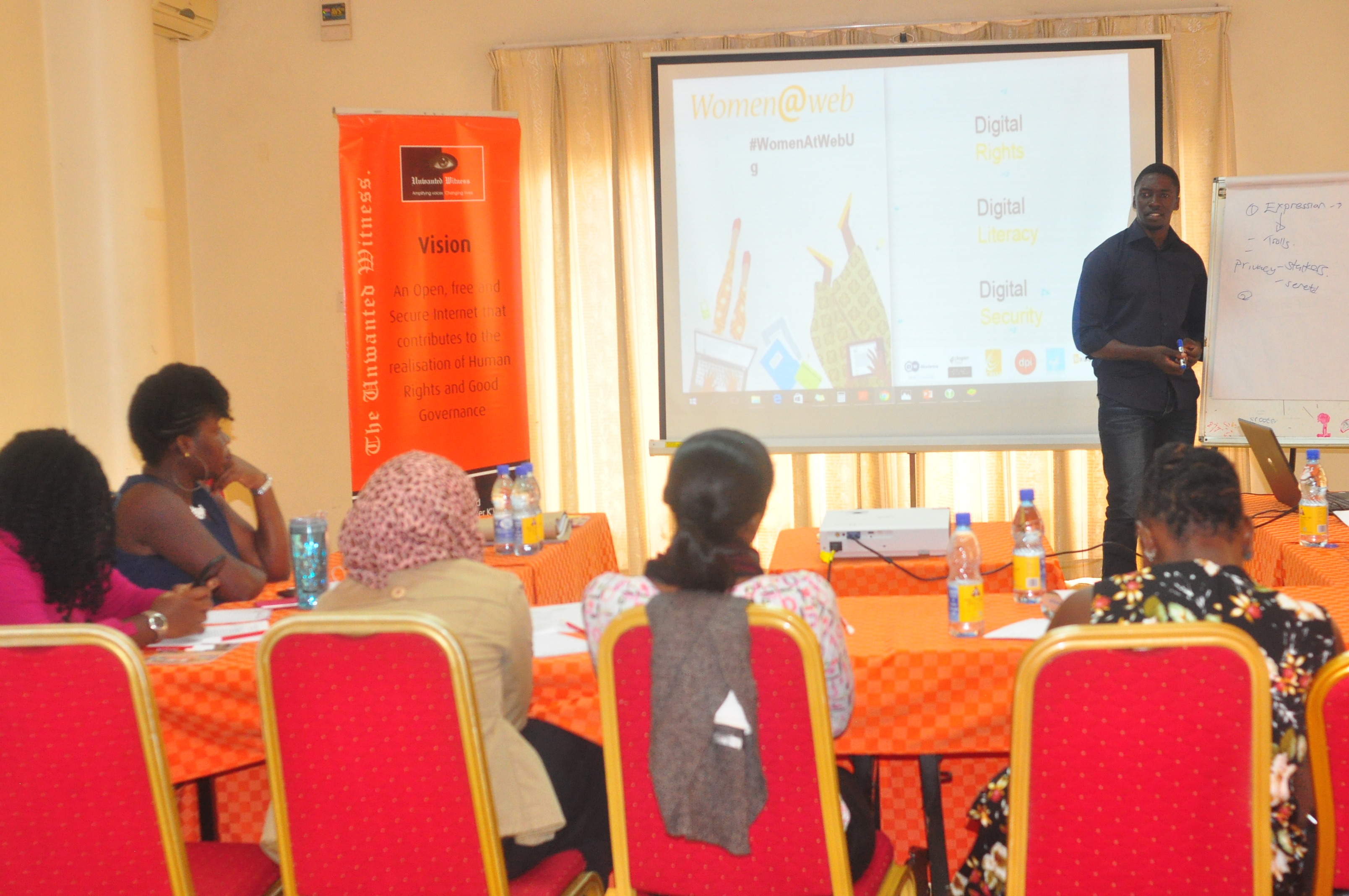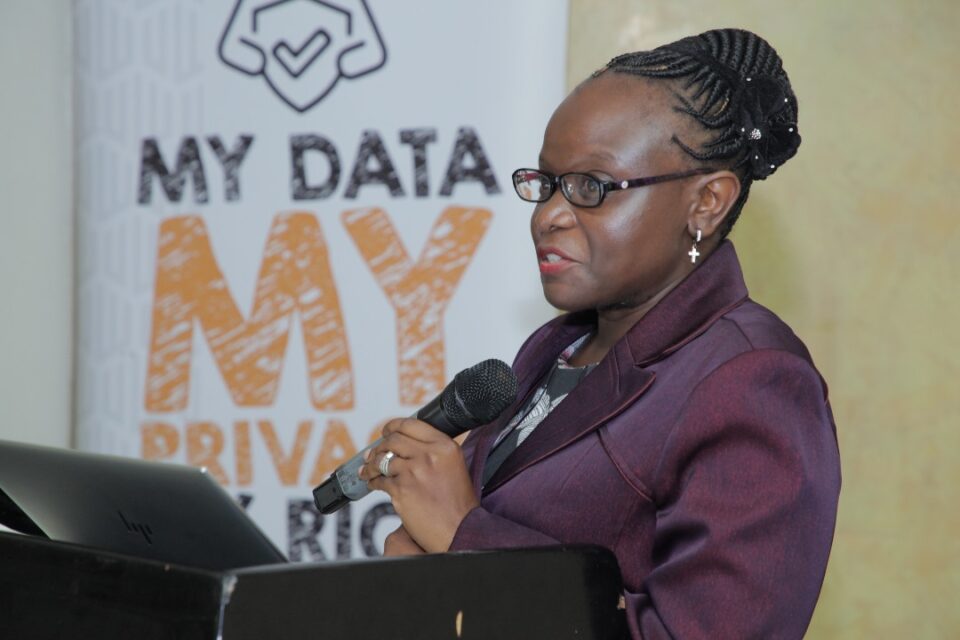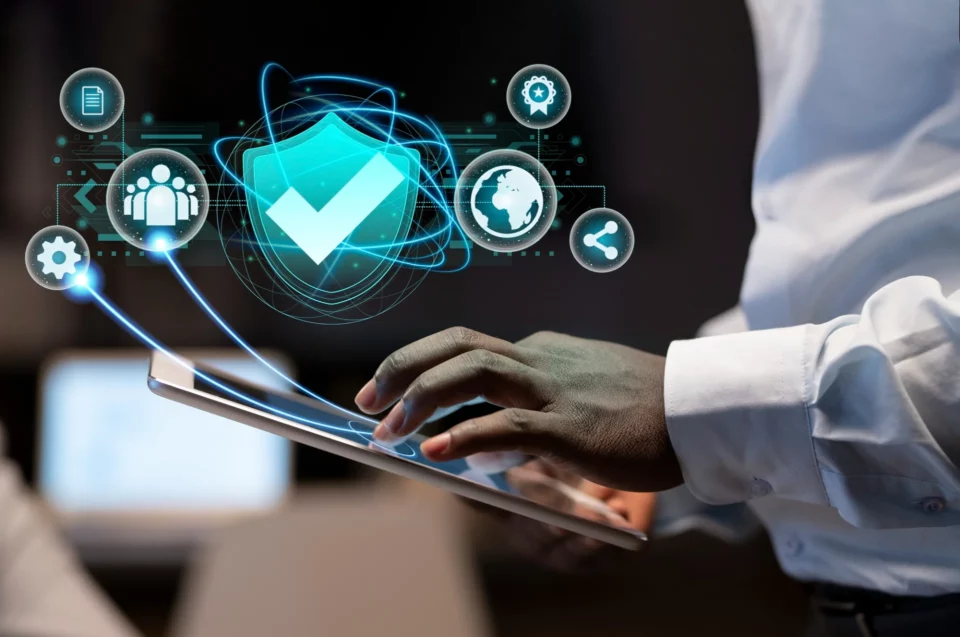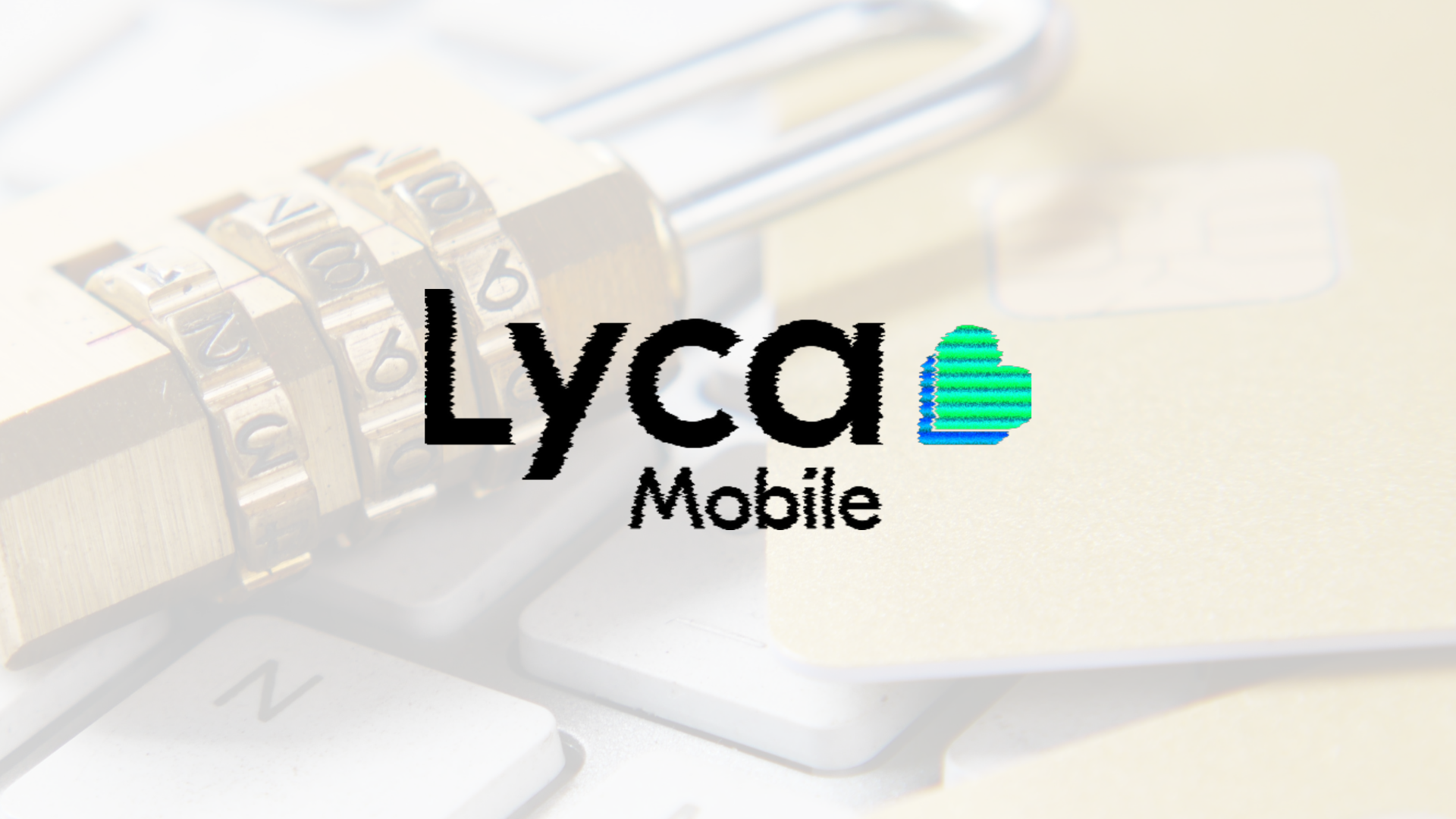Privacy, Digital Rights and Safety: How Safe Is the Information You Exchange Online?

The internet has become part of our lives and communication could not be any easier in this information driven era. For the 13 million internet users in Uganda, not a day goes by without liking something on Facebook, sending an email or chatting on WhatsApp. Internet has made it so easy to find information, keep in touch with our loved ones locally and globally, build business, reach far off markets and make purchases at our convenience but how safe is the data, often private, that we share through these invisible channels? Privacy both online and offline is everyone’s right but it has come under attack in the age of technology.
Digital privacy is protection of information used or created while using the internet. A right for all, it is not entirely guaranteed and in the wake of the Cambridge analytica scandal, Yahoo data breach and Google plus data leak, the importance of keeping your browsing and online activity secret cannot be stressed enough.
As you enjoy the perks of a good internet connection, it is important to keep your information and profile safe. In Uganda, cyber-crimes and digital breaches have not been well documented but they do happen quite often with leaked private information and photos and account hacking. It is important to be cognizant of safety as you leave your print on the internet. Using strong passwords, disabling auto log in, closing old accounts and updating mobile apps are some of the ways in which this could be achieved. But is it enough?
During a training for Ugandan women on digital security, rights and privacy for conducted last week by Unwanted Witness as part of the #WomenAtWeb project, online etiquette, data privacy and regulation and policies to safeguard users both in Uganda and the global context were discussed and a host of privacy concerns were raised. While Uganda is a signatory to several international conventions on security and the Constitution clearly provides for privacy and calls for its protection, the responsibility for digital safety rests largely on individual users.
In an open discussion, stalking, hacking, phishing, identity theft, revenge porn, locked accounts and cyber harassment were pointed out as some of the major threats experienced by women online.
“Just this year, my twitter account has been locked three times and I have had to change my password all times to regain access. There is a hacker trying to get into my account and I am not sure that my account is safe,” said one of the participants.
Using different passwords for all online accounts, creating a strong password; not less than 16 mixed characters, unique impersonal words, closing all old accounts, unsubscribing from promotional/free websites you do not regularly use, turning on two step verification and encrypting gadgets are some of the ways to ensure digital security. While many people choose quick, easy to remember passwords for their convenience, the danger of having your information compromised is greater than the inconvenience of having a more complicated password. Personal information has become a valuable tool for leverage and advertising online, safety cannot be stressed enough.
In as much as all the fifteen participants were tech savvy, conversant with the workings of the internet and heavily reliant on internet storage, most popularly google drive and Apple iCloud, a simple exercise to test the strength of their passwords revealed that most were a less than two weeks (of dedicated attempts) away from having their phones and online accounts hacked.
“I do not have a password because I do not have anything to hide,” remarked a participant whose phone and computer had never been password secured. “I make sure I delete sensitive information and so I do not see why anyone would hack me.”
While there may not be anything to hide, there is a lot to protect. As the internet experience gets better and online platforms get more user friendly, so do opportunities for hacking and information loss. The state and internet companies are mandated to keep you safe as you use the internet but privacy still remains a personal responsibility that should not be neglected.
We may not be able to completely secure our online profiles and gadgets from hackers, companies baying for data and spying technologies, but we can reduce our exposure and limit how much information we give away.




